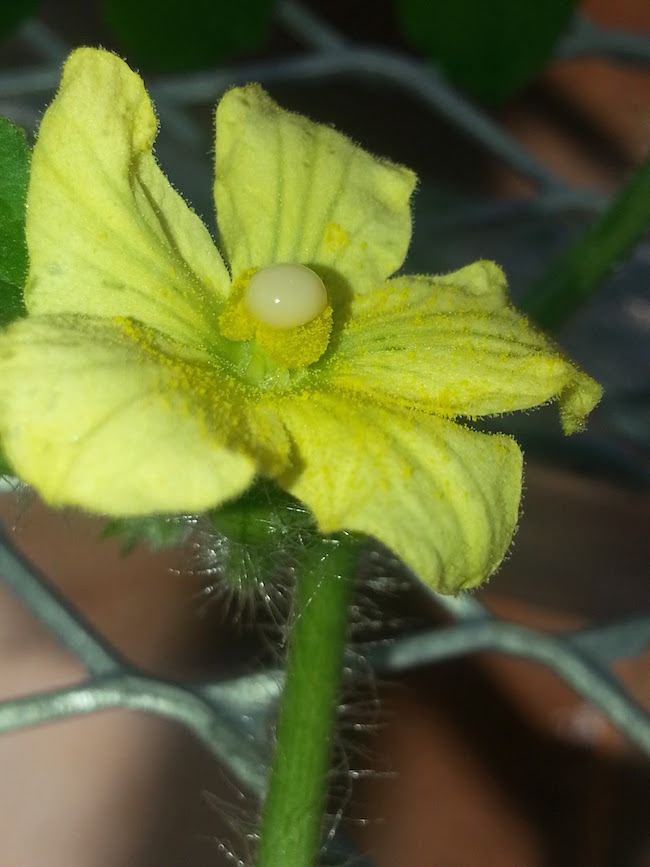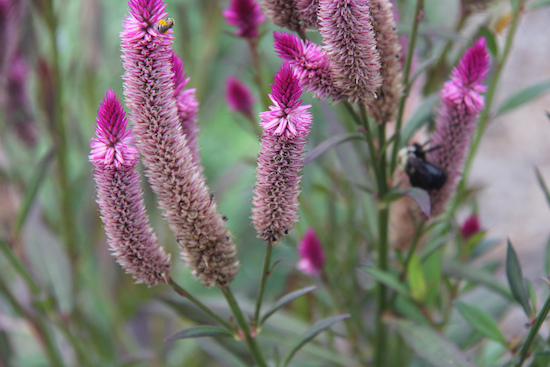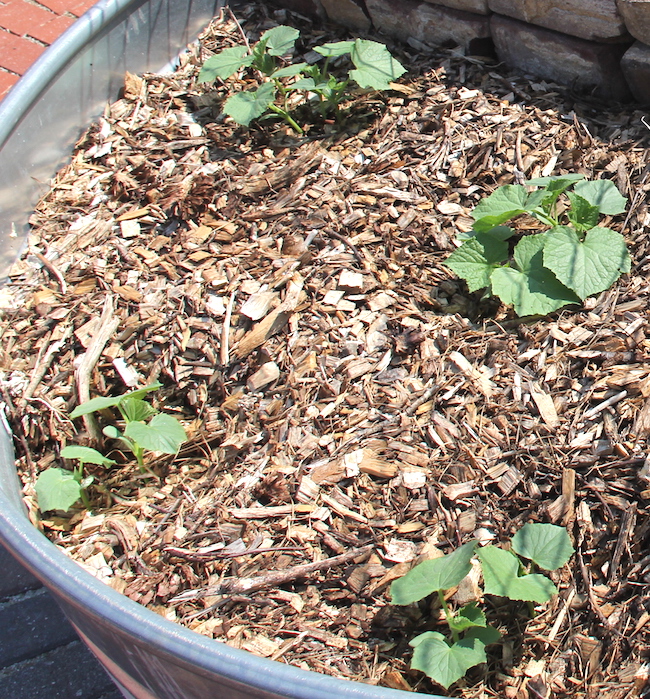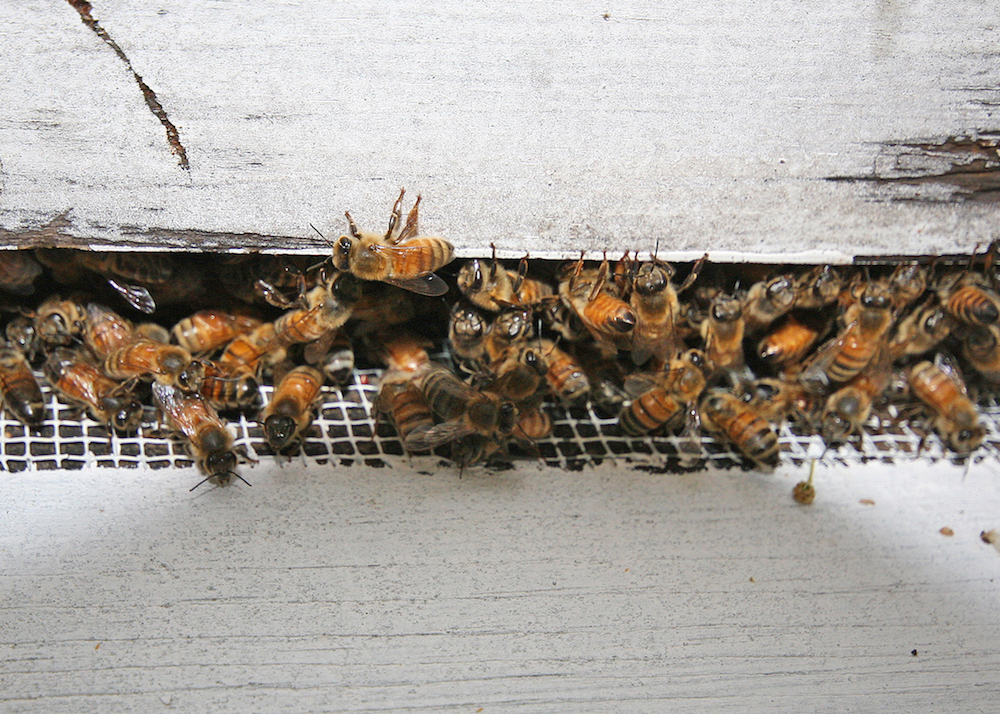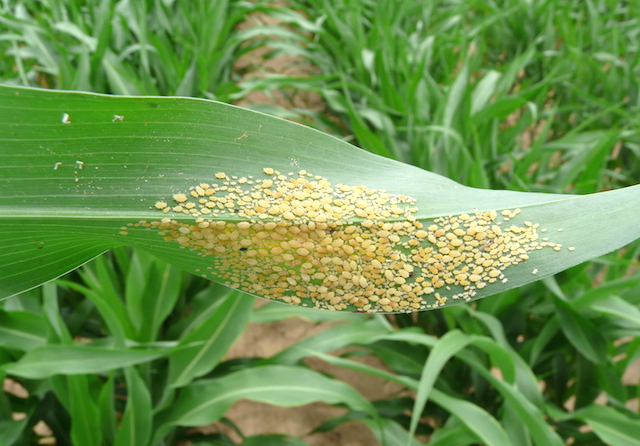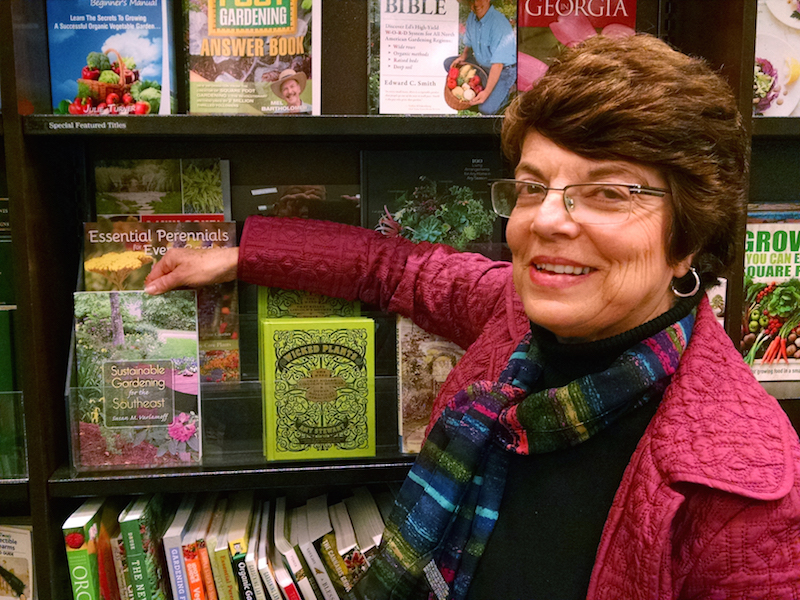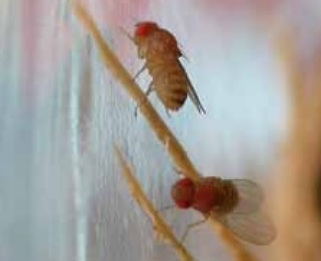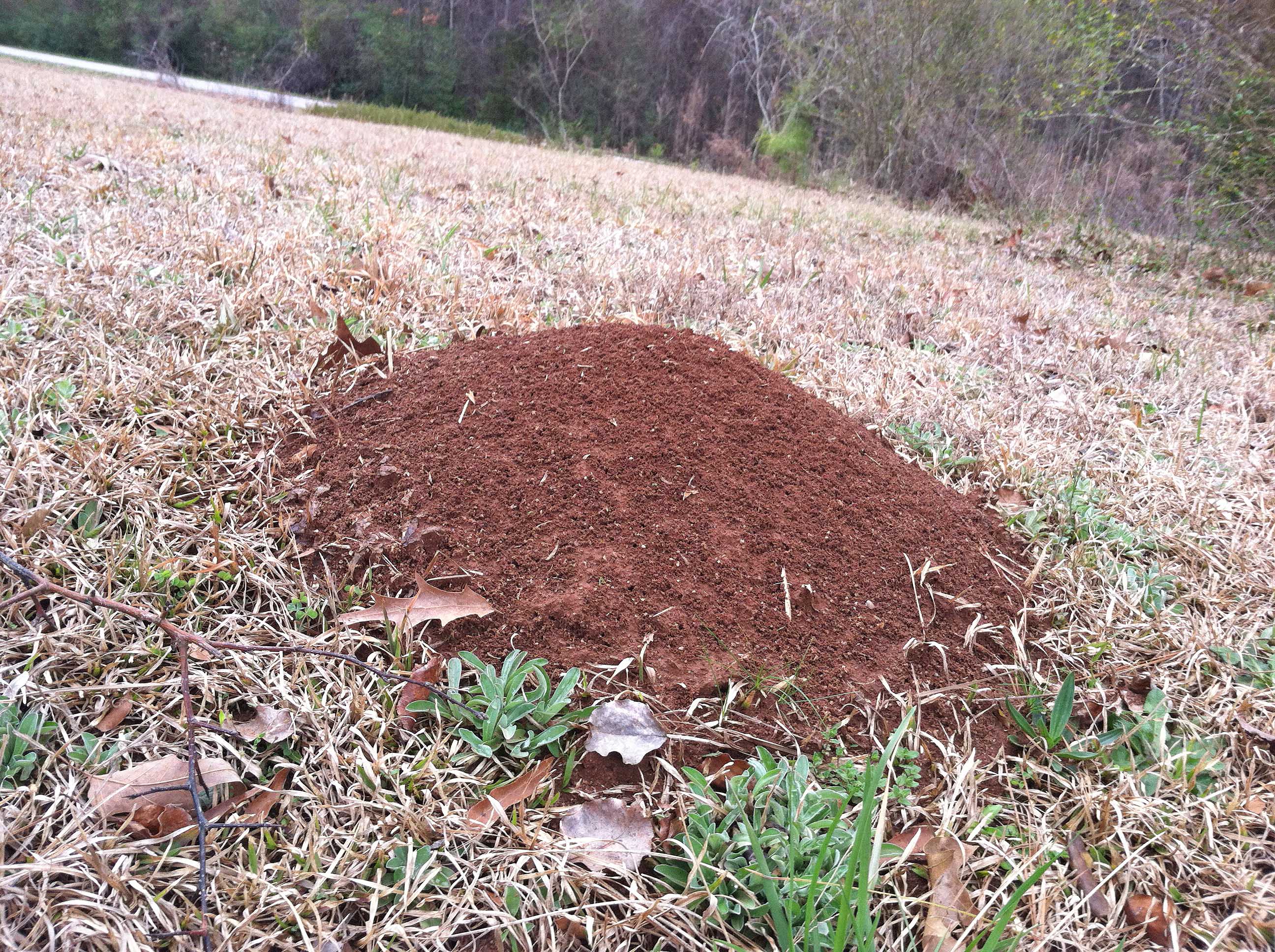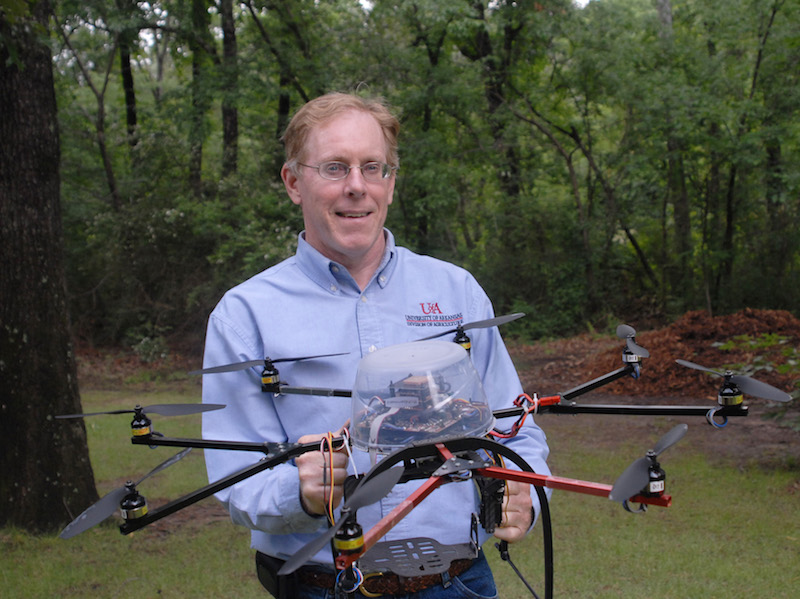 CAES News
CAES News
Academy of Crop Production
University of Georgia Cooperative Extension and the Georgia Green Industry Association are inviting veteran nursery and greenhouse growers to “get nerdy” with them this summer at the inaugural Academy of Crop Production, June 12-15 at Hotel Indigo in Athens, Georgia.

